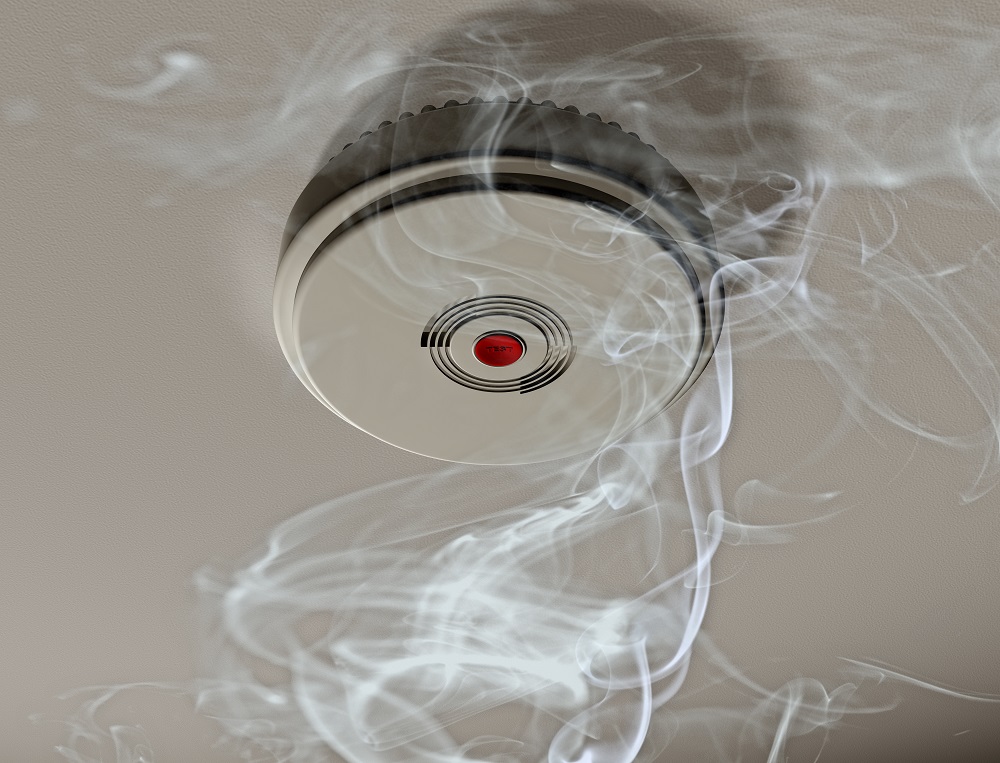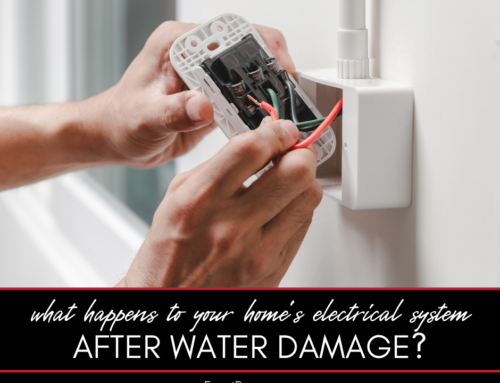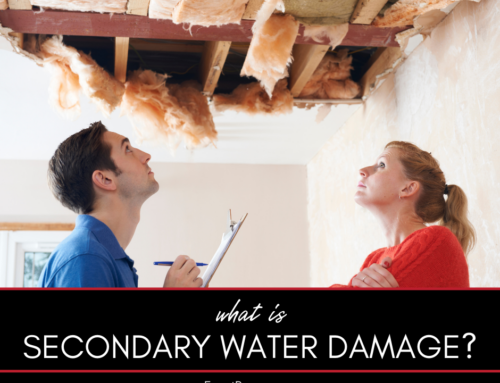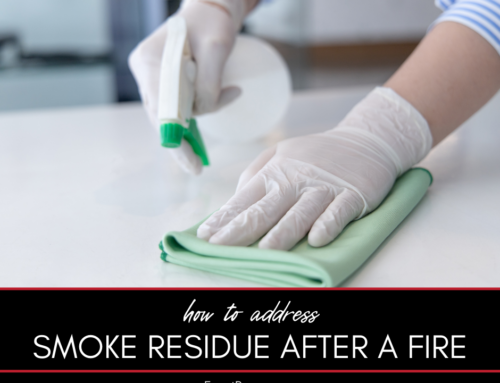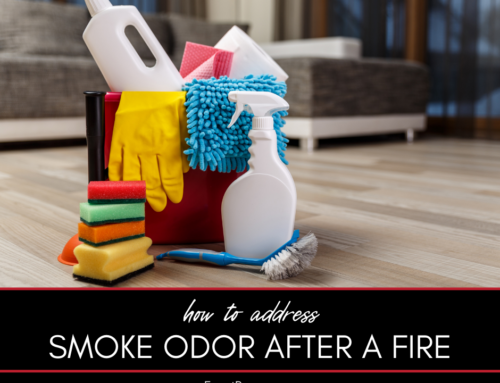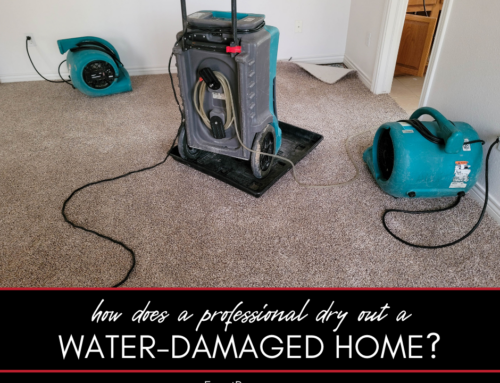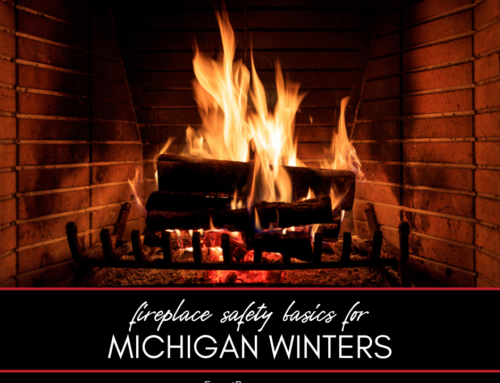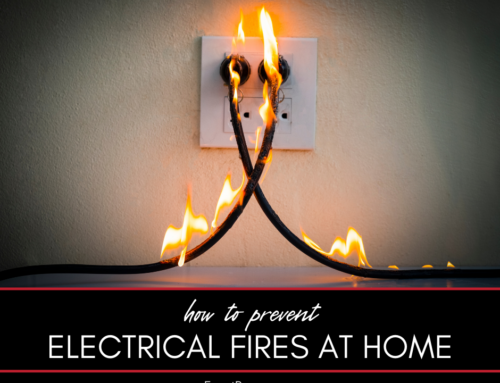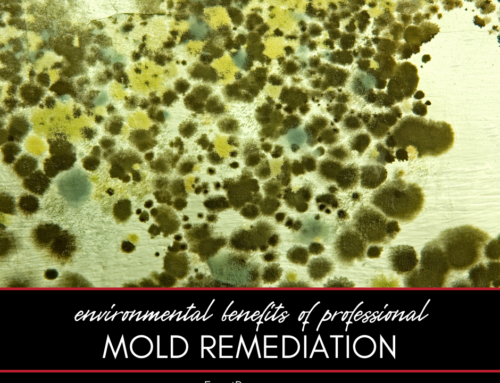This is the first post in a two-part series. You can read the second post here.
When it comes to creating a safe environment inside of your home smoke alarms are an absolute must, and in many parts of the U.S. they are legally required. Many homes around the country, however, don’t have smoke alarms. Here are answers to how you can best equip your home and protect your family from the potential dangers of smoke and fire.
Who installs smoke alarms?
Anybody can legally install a battery-powered smoke alarm, and your local fire department may install them in your home for free. A 240-volt hardwired smoke alarm, however, connects to your home’s main electrical system and should be installed by a licensed electrician.
Where should smoke alarms be placed?
Smoke alarms should be placed on every level of your home—including the basement, in every bedroom, and outside of each sleeping area, according to the National Fire Protection Association (NFPA). The NFPA also recommends having both photoelectric and ionization smoke alarms for the best defenses against both “smoldering” and “fast flame” fires.
What’s the difference between a photoelectric and ionization smoke alarm?
A photoelectric smoke alarm, best at detecting smoldering fires, has a light emitting diode (LED) and a light-sensitive sensor that’s located in a sensing chamber. When smoke particles enter the chamber they disrupt and scatter the light beam. The disbanded light is detected by the light-sensitive sensor, which triggers the alarm.
An ionization alarm is best at detecting “fast flame” fires and sounds-off about 30 to 90 seconds faster than photoelectric smoke alarms. When it comes to smoldering fires, however, ionization alarms respond about 15 to 50 minutes slower than their photoelectric counterparts.
What is the lifespan of a smoke alarm?
On average a smoke alarm has a lifespan of between eight and 10 years at which time it should be replaced, since its sensing technology deteriorates over time.
Do You Need a Disaster Remediation Expert in Washtenaw County or Jackson County?
If your home has already been damaged, we can help. Check out our services and call Exact Recon for your free disaster remediation quote today. We offer:


